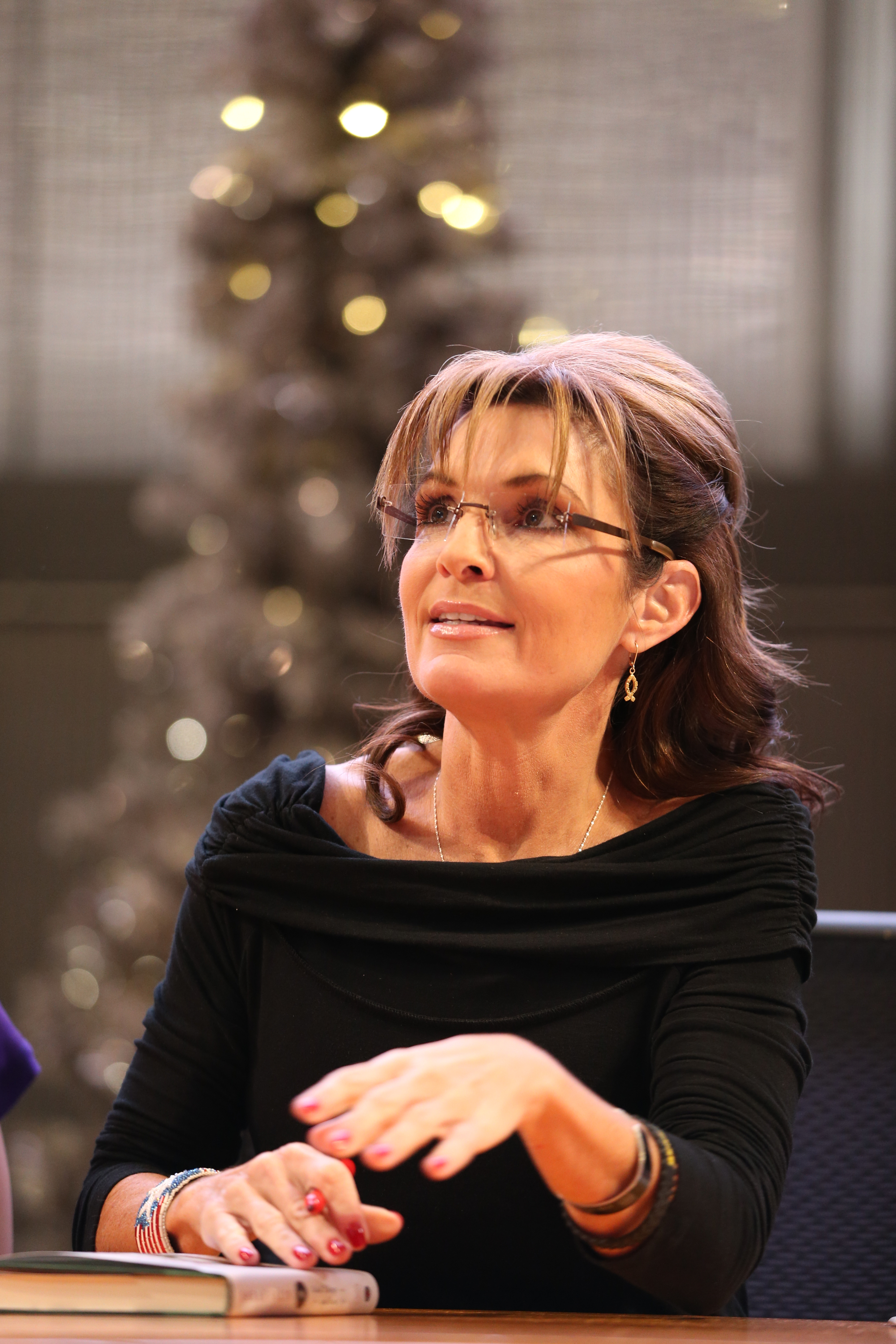
Apparently, you can judge a book by its cover, or at least the success of a female candidate by how pretty she is, according to a study out Thursday by Dartmouth College.
Forget smarts or oratory, relatability or fashion. If you’re a female candidate, the more feminine your face the better the odds are you’ll be elected, the study said. The study also found that female candidates with masculine features were at a disadvantage. Previous studies have seen links between men’s facial features and the perception of competence, but that hasn’t proven the determining factor elections—otherwise John Edwards would be president right now. But the Dartmouth study went beyond that showing that with female candidates appearance is an even stronger indicator of electoral success.
Researchers tracked the mouse movements of 300 participants shown pictures of the winners and runners up in U.S. Senate and gubernatorial races between 1998 and 2010. Participants were asked to categorize the images as male or female. Female candidates who were more often categorized as male were less likely to win. Whether a female politician would win or lose could be predicted just 380 milliseconds after participants were exposed to her face—a trick I’m sure many losing candidates wish they’d known about before they spent millions of dollars on a losing campaign.
Before you start to imagine that every woman elected to higher office is a supermodel, keep in mind that the study doesn’t take into account a lot of factors such as intelligence, party affiliation, incumbency, messaging, pedigree, money, etc. “Although it may be the case that, absent other information, voters consider facial features when selecting candidates, the reality is that the experimental conditions are quite artificial,” says Jennifer Lawless, a professor at American University who studies gender in American politics. “In the contemporary electoral environment in which we see a high degree of party polarization, many scholars have found that even when candidate sex and physical appearance do matter to voters, their influence pales in comparison to incumbency, partisanship, and ideology as principal drivers of election outcomes.”
Indeed, many partisans vote the party line without ever having seen either candidate.
Sure, looking the role is important for any job seeker. And plenty of studies have found that looking competent—though not necessarily prettier or uglier—is a determining factor for both male and female candidates. But, really, how much can one tell from look at a photo, or even by looking into one’s eyes? Surely, George W. Bush didn’t see Vladimir Putin’s soul when he looked into his eyes the first time as Bush claimed.
The Dartmouth study furthermore found that prettiness was a stronger indicator for Republican female candidates than for their Democratic counterparts. “Because masculinity is stereotypically associated with leadership in the U.S., conservatives’ preference for traditional gender roles and low tolerance for uncertainty may require women’s leadership aspirations to be tempered by strong associations with femininity, particularly in their appearance,” says Eric Hehman, one of the study’s researchers. Note to Liz Cheney, according to this study if you’re a butch Republican woman don’t even try and run for office, you’re going to lose.
Republican consultants were not convinced. “I find this highly suspect and question the science since it’s hard to factor in a whole lot of variables,” says Katie Packer Gage, Mitt Romney’s 2012 deputy campaign manager who now runs a firm that targets messaging at female voters. “Have you seen some of our members of Congress? There are many more unattractive people than attractive. Color me skeptical of the science here.”
Many would argue we’re losing even by talking about the issue. Another study last year found that media references to a female candidate’s appearance in any terms—negative, neutral or positive—were detrimental to her chances of getting elected. So, thanks Dartmouth, for reigniting what has largely become a dormant debate in recent years over the importance of attractiveness for female candidates. Dartmouth may want to ask the Granite State’s entirely female delegation—the only 100% female congressional delegation in U.S. history—how important a factor it is to governing.
More Must-Reads From TIME
- The 100 Most Influential People of 2024
- Coco Gauff Is Playing for Herself Now
- Scenes From Pro-Palestinian Encampments Across U.S. Universities
- 6 Compliments That Land Every Time
- If You're Dating Right Now , You're Brave: Column
- The AI That Could Heal a Divided Internet
- Fallout Is a Brilliant Model for the Future of Video Game Adaptations
- Want Weekly Recs on What to Watch, Read, and More? Sign Up for Worth Your Time
Contact us at letters@time.com